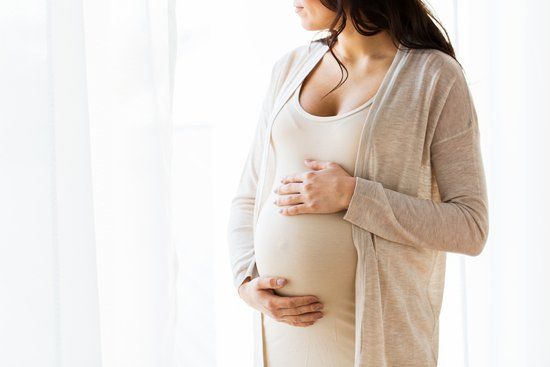The HFEA is aiming to reduce the number of multiple births following IVF with a new set of rules which come into force next month (April).
Under new guidelines, clinics – whether private or NHS – will now be asked to help reduce the chance of having twins and triplets by only transferring one embryo per cycle.
This however doesn’t mean that people undergoing IVF will stop having multiple births. It is up to consultants, in discussion with patients, to decide on whether a single embryo transfer is likely to result in pregnancy. We would use many different factors to reach this decision, such as age, medical history and embryo quality. There is no ‘one size fits all’ approach.
For example, in the case of younger women, who are therefore more likely to get pregnant, using one embryo is the right choice. But for older women, multiple transfer is still the best option because they need to increase their chances of getting pregnant due to their age.
The HFEA says that in too many clinics across the UK, there are an abnormally high number of twin and triplet births, where two or three embryos are routinely transferred as a matter of course in the mistaken belief that this doubles or triples a patient’s chance of having a baby.
The concern however is that patients will be forced to undergo more cycles of IVF in order to get pregnant, if only one embryo is transferred at a time.
Dependent on age and medical history, transferring one embryo does not decrease the ultimate chances of having a baby, if the embryo is of high quality. And if there are multiple good quality embryos, these can be frozen and stored for future use, meaning there would be no need to go through ovarian stimulation and egg collection again.
We would like to reassure patients, who think these new rules may impact on their chances of a baby, that your treatment will always be whichever gives you the very best chance of pregnancy. At Manchester Fertility, our main goal is giving you a healthy baby, not a multiple birth.
IVF is not a quick way of getting a large family in one go. Multiple births carry increased risks for both the mother and the babies, and this is one of the reasons that the HFEA is looking to reduce the number.
Last updated: 20th January 2020



